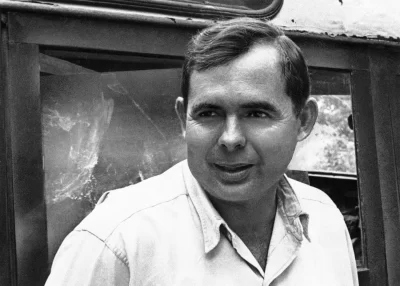
DES MOINES, Iowa — Voting is set to begin Monday night in icy Iowa as former President Donald Trump eyes a victory that would send a resounding message that neither life-threatening cold nor life-changing legal trouble can slow his march toward the Republican Party’s 2024 nomination.
The Iowa caucuses, which are the opening contest in the months-long Republican presidential primary process, begin at 8 p.m. EST. Caucus participants will gather inside more than 1,500 schools, churches and community centers to debate their options, in some cases for hours, before casting secret ballots.
While Trump projects confidence, his onetime chief rival, Florida Gov. Ron DeSantis, is fighting for his political survival in a make-or-break race for second place. Former U.N. Ambassador Nikki Haley, the only woman in the race, stands in DeSantis’ way. The two have competed aggressively in recent weeks to emerge as the clear alternative to the former president, who has alienated many Americans and could end up being a convicted felon by year’s end.
Polls suggest Trump enters the day with a massive lead in Iowa as Haley and DeSantis duel for a distant second. Entrepreneur Vivek Ramaswamy and former Arkansas Gov. Asa Hutchinson are also on the ballot, as is former New Jersey Gov. Chris Christie, who suspended his campaign last week.
What to know
- The details of how the caucuses work can surprise and mystify even hard-core political junkies. Your guide to Iowa.
- After months of campaigning, the Republican candidates vying to unseat President Joe Biden in November are facing their first formal test from voters.
- Why does Iowa launch the presidential campaign? Let’s go back to January of 1972.
- Donald Trump’s campaign is hoping to generate a commanding win in Iowa’s leadoff voting contest by attracting new caucusgoers. This is how an animated character named Marlon could help achieve that goal.
- In 1972, there was one man with a calculator. How Iowa turned the caucuses into an enormous political prize. Our Very Complicated Democracy
With the coldest temperatures in caucus history expected and dangerous travel conditions in virtually every corner of the rural state, the campaigns are bracing for a low-turnout contest that will test the strength of their support and their organizational muscle. The final result will serve as a powerful signal for the rest of the nomination fight to determine who will face Democratic President Joe Biden in the November general election.
After Iowa, the Republican primary shifts to New Hampshire, Nevada and South Carolina over the coming weeks before moving into the rest of the country this spring. The ultimate nominee won’t be confirmed until the party’s national convention in July, but with big wins in the opening contests, Trump will be difficult to stop.
In recent weeks, Trump has increasingly echoed authoritarian leaders and framed his campaign as one of retribution. He has spoken openly about using the power of government to pursue his political enemies. He has repeatedly harnessed rhetoric once used by Adolf Hitler to argue that immigrants entering the U.S. illegally are “poisoning the blood of our country. And he recently shared a word cloud last week to his social media account highlighting words like “revenge,” “power” and “dictatorship.”




